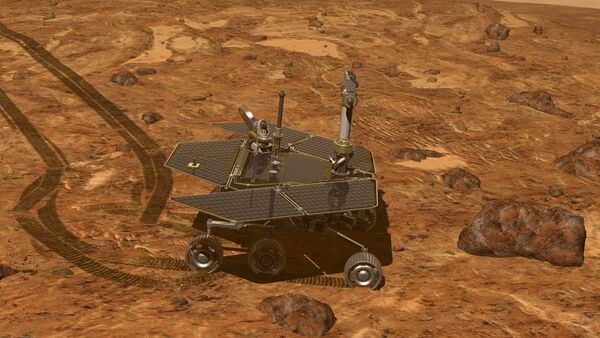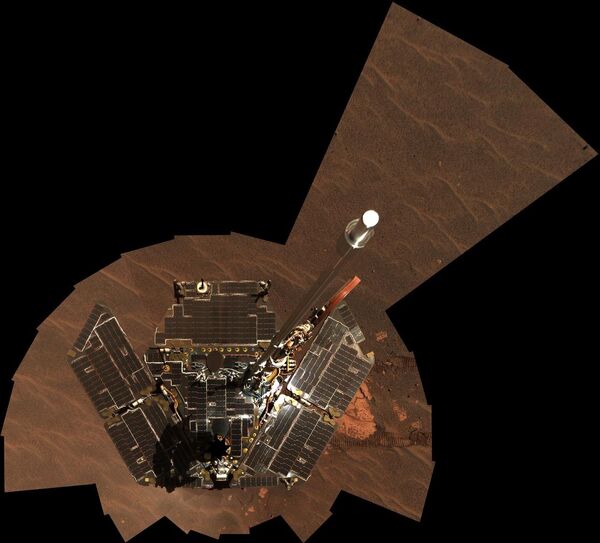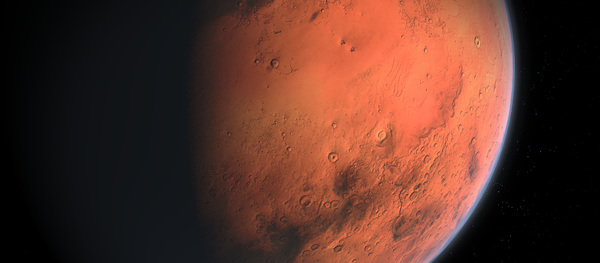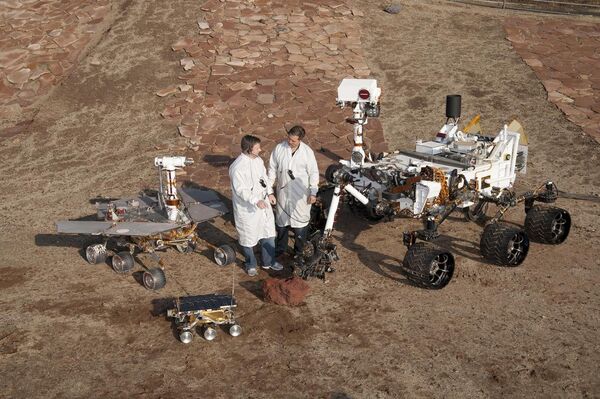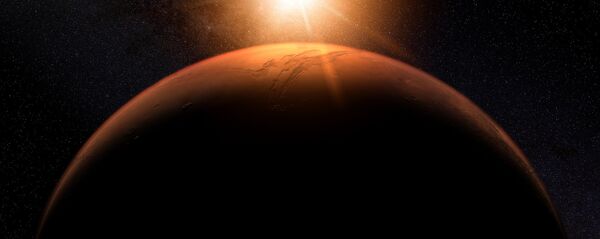NASA lost contact with Opportunity on June 10, 2018, after a huge dust storm covered the planet, obscuring the sun, which blocked the rover's solar panels from collecting energy to power its systems, Motherboard reported.
Since then, the JPL has tried over 1,000 times to re-establish communication, to no avail.
"It's just like a loved one who's gone missing, and you keep holding out hope that they will show up and that they're healthy," project manager John Callas told AP Tuesday. "But each passing day that diminishes, and at some point you have to say 'enough' and move on with your life."
NASA Administrator Jim Bridenstine said Wednesday that the mission's end was a "celebration of so many achievements," noting first and foremost the rover's incredibly long life: expected to last just three months and travel a couple hundred meters, Opportunity kept on keeping on for 14 and a half years, covering 28 miles in that time.
The golf cart-sized vehicle launched in 2003 with a twin, the Spirit rover, which landed on the opposite side of Mars. Spirit, too, lasted much longer than planned, finally going dim forever in 2010 after a sand trap crippled the machine, limiting its ability to reorient and receive adequate sunlight to power itself.
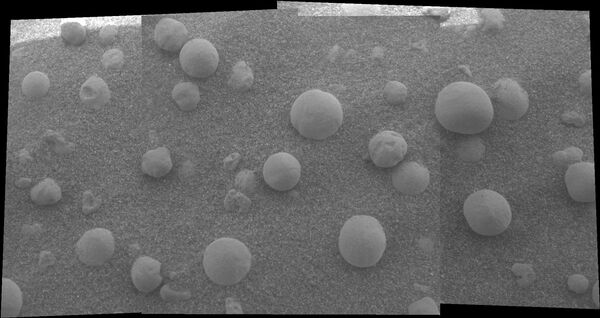
The two rovers' greatest achievement was finding firm proof that water that could have sustained microbial life had once flowed on the Martian surface. However, they did far more than that. Opportunity examined the first extraterrestrial meteorite and traveled 28 miles across the Meridiani Planum, which the mission crew affectionately called a "marathon," setting a new record for longest distance of any off-Earth terrain vehicle. The Soviet Union's Lunokhod 2 rover had previously driven 24 miles across the moon in 1973.
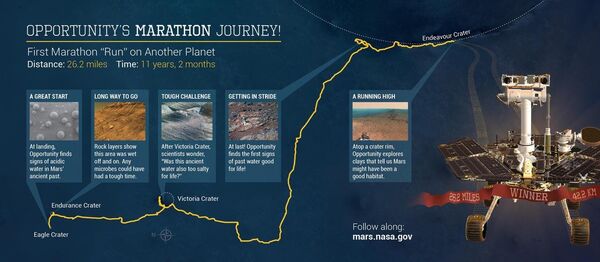
But this isn't the end of NASA's exploration of the Red Planet — not by a longshot. In late November, NASA's InSight lander put down on Mars, with the mission of exploring the inside layers of the planet and determining whether its core remains molten, like Earth's, or has totally solidified. Other rovers, such as Curiosity, are still chugging across our planetary neighbor. Plus, the space agency plans on launching the Mars 2020 rover next year, which might include an attempt at returning a sample from Mars back to Earth.
Rest in peace, Opportunity!
